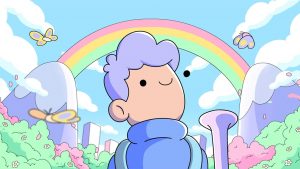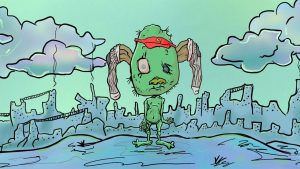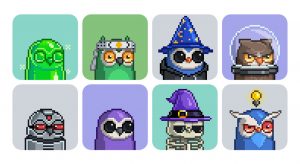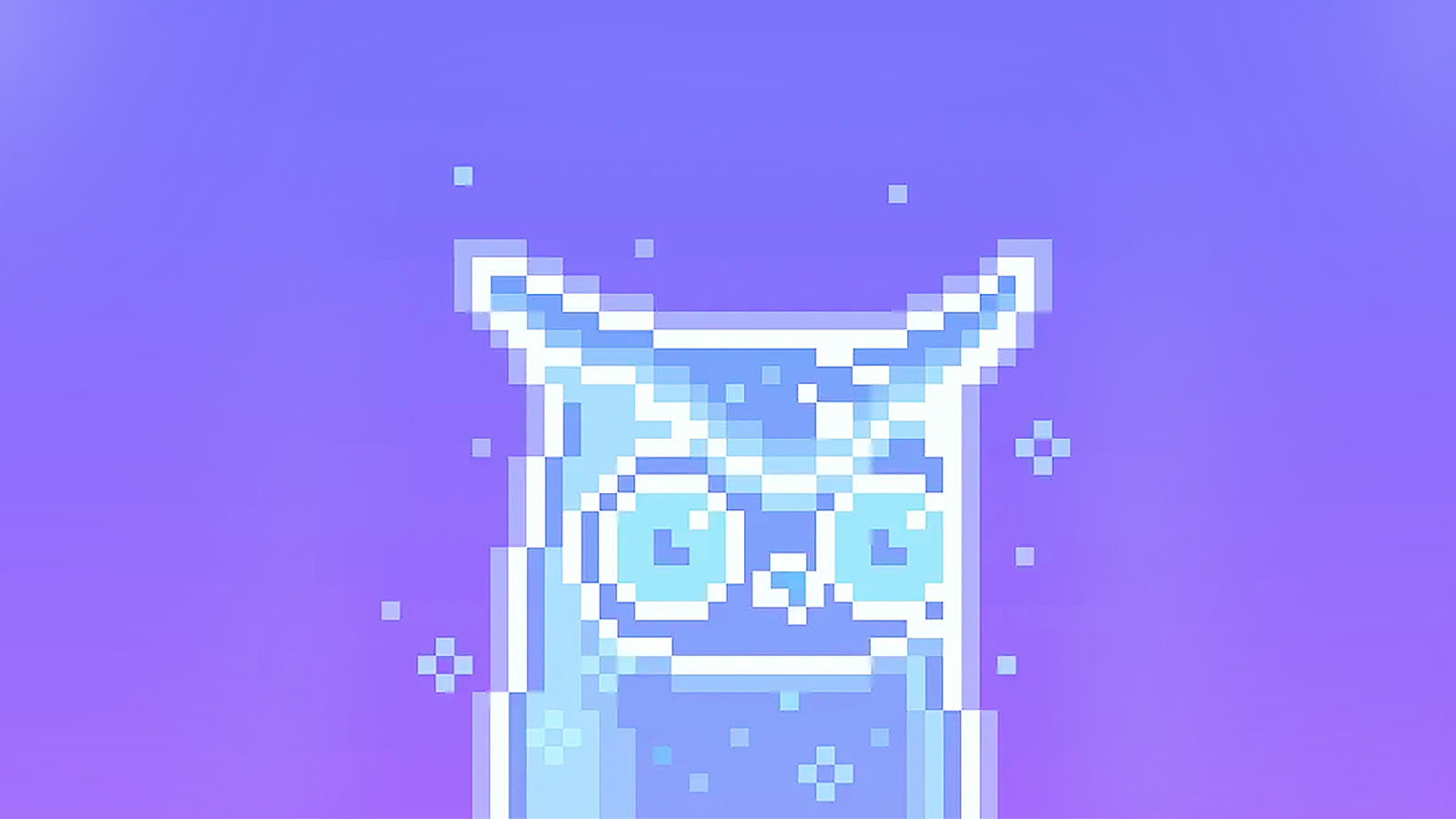Last week, Yuga Labs released the intellectual property rights for its newly acquired NFT collection, CryptoPunks. This will allow owners to use their CryptoPunks for not just personal uses, but for commercial purposes too. Meaning, NFT holders have an exclusive, royalty-free license on how their CryptoPunks can be used in derivative works, as well as the IP rights to the works the NFT appears in.
According to CryptoPunks, this decision aims to “open the door to endless creativity and possibilities for Punks,” though Yuga Labs reserves the right to make changes to determine how best to serve its community.
This isn’t the first time that Yuga Labs has fully released NFT licensing rights — its flagship collection Bored Ape Yacht Club has always granted IP rights to owners, in turn enhancing the value of the tokens. In the wake of existing collections like Bored Apes and CryptoPunks, other viral collections like Goblin Town and World of Women have similarly allowed NFT holders commercial rights, fueling a growing conversation around NFTs and IP.
So how does licensing apply when it comes to digital collectibles? Here are five things worth noting.
Buying a NFT doesn’t always mean you own the IP rights

Not all NFT collections release commercial rights, though projects such as Doodles allow holders to license their IPs, with limits. Image: Doodles
First off, to be clear, buying a NFT means you own the NFT, not necessarily the IP behind the art itself. Most projects only allow holders to use the NFT for personal usage (such as on their social media profiles). For example, while you can swap and sell your VeeFriends tokens, the IP rights are retained with VeeFriends LLC, meaning token owners “cannot sell or distribute VeeFriends characters or designs in any way.”
However, some NFT projects do allow holders to license their IPs, with limits. Doodles restricts the revenue — up to $100,000 per doodle — that derivative works can bring in.
Only some NFT licenses are fully open-source
Fully open source licenses, or Creative Commons Zero (CC0), are licenses that let anyone use the art to create derivative works. This includes people who don’t own the NFT. Nouns, a one-a-day NFT project, and GoblinTown, a collection of 1,000 NFTs, have adopted this license. While a derivative doesn’t replace the original, an increased number of these variations certainly increases awareness of the project, leading to a higher premium for the original. There’s also an argument to be made that open-source captures the decentralization long touted by Web3.
CC0 has its limits

Fitting for an irreverent project, Goblintown’s CC0 application means both holders and non-holders are free to use art from the collection. Image: @Wirelyss on Twitter
While CC0 guidelines state that “you should only apply CC0 to your own work,” the rights to the original artwork are given up. If someone else uses your work to create a spin-off series or several variations, there’s nothing that could stop them from applying a non-CC0 license to their work and profiting off of that. Past asking someone for attribution on their project, there are no legal grounds on which one could fight against misuse.
Additionally, while a CC0 license will likely increase a work’s value, there’s no way to implement royalty fees each time a work is sold or made with a variation. For artists or creators relying on royalty fees, it might not be a possibility for them to create CC0 work.
Licensing, of course, has its perks
The immensely broad cultural footprint of Bored Ape Yacht Club can be easily attributed to the release of IP rights to their holders. From a Bored Ape Restaurant to Bored Ape merch, the number of spin-offs has been fuel to the NFT fire. While Bored Ape’s aren’t CC0 licensed (you can only create derivative works if you own the NFT), the hype around these NFTs has grown because of the freedom its holders have.
Projects trying to establish a community or that are aiming to simply become popular might especially benefit from such licensing. Additionally, this would encourage user creativity and awareness of the project (as Frank Stella himself is modeling in his first NFT collection), contributing to a greater value for the tokens by allowing holders to benefit from owning the NFT.
The debate around NFT licensing is a debate around Web3’s aims

Moonbirds’ retroactive switch to a fully open-source license has sparked debate on how best to align the project with Web3 values. Image: Moonbirds
According to a report by Galaxy Digital, not many NFT projects are fully transferring ownership rights. The limits placed on these IP rights is a roadblock to the dream of a user-owned Web3; and the discourse surrounding commercial rights of NFT projects will continue to play out against the framework of decentralization. The controversy sparked by Moonbirds bears this out.
Most recently, Moonbirds, a collection of 10,000 pixel owls, abruptly and retroactively switched to a fully open-source license without consulting its existing collectors. Kevin Rose, the project’s founder, emphasized that this switch aligned with Web3 values, offering a “chance to reboot and reexamine everything back to first principles.” NFT collector Pranksy, however, noted that the move should have been “an artists decision,” reflecting a sentiment that the allocation of licensing rights should be a decision made by creators and communities, not a major project owner.



